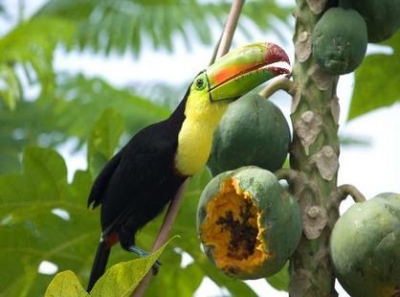 Animals get their energy from food. Many are carnivores, which means they eat meat. Others are herbivores, called omnivores, eat both animals and plants. Some animals, including some worms, insects, lampreys and the vampire bat, feed on blood. A few animals eat a wide range of both plant and animal food: they are omnivores. Finally, detrivores, such as dung beetles and crabs, eat dead or rotting food and wastes. Animals don’t only need protein and energy, they also need vitamins and minerals. Farmers can buy vitamin and mineral mixes that can be supplemented into an animal’s daily ration. Vitamins and minerals can also be feed as a solid block that the animals will lick while out grazing.
Animals get their energy from food. Many are carnivores, which means they eat meat. Others are herbivores, called omnivores, eat both animals and plants. Some animals, including some worms, insects, lampreys and the vampire bat, feed on blood. A few animals eat a wide range of both plant and animal food: they are omnivores. Finally, detrivores, such as dung beetles and crabs, eat dead or rotting food and wastes. Animals don’t only need protein and energy, they also need vitamins and minerals. Farmers can buy vitamin and mineral mixes that can be supplemented into an animal’s daily ration. Vitamins and minerals can also be feed as a solid block that the animals will lick while out grazing.
Two very important minerals are calcium and phosphorous. These minerals are important for proper bone and teeth development, metabolism, and more. It is normally suggested that the ratio of calcium to phosphorous is about 2:1 for normal functions. One easy way to keep this balance is to feed dicalcium phosphate. Like other nutrients, the levels of these minerals also depends on the age of the animal.
Picture Credit : Google

